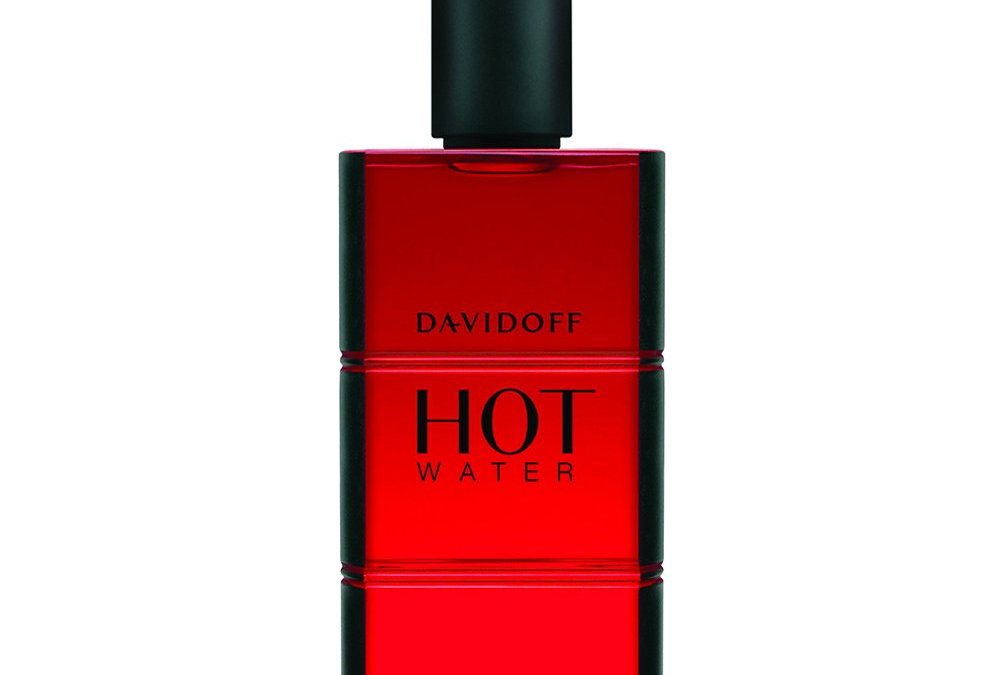Photo Credit: Amazon.com
Everyone can agree that Amazon sells nearly everything you could possibly think of: electronics, kitchenware, pet supplies, there’s even a market for counterfeit goods, “Fulfilled by Amazon.”
After a six year long battle with Coty Germany, the multinational beauty company behind Alexander McQueen, Balenciaga, Burberry Beauty, Gucci, Davidoff, and more, the European Union’s highest court decided in favor of Amazon, holding the e-commerce giant was not liable for their distribution and storage of counterfeit goods. The impetus for this suit against Amazon began when a Coty investigator ordered a Davidoff “Hot Water” cologne from Amazon and received a counterfeit product. The court held that the platform is merely an intermediary that “packs, ships, and provides customer services” for the items, for infringement to arise a company “must pursue, like the seller, the aim of offering the goods for sale or putting them on the market.”
This outcome sets a clear but dangerous precedent for other online platforms such as eBay or Amazon, dictating these websites will not be responsible in the future. At some point however, it is clear that consumers will be confused, a factor that is one of the many requirements of a trademark infringement suit. The question becomes whether Amazon can truly feign no responsibility in linking customers to these counterfeit goods and providing a space for this bad faith behavior to thrive.
Article by Carissa Chow

